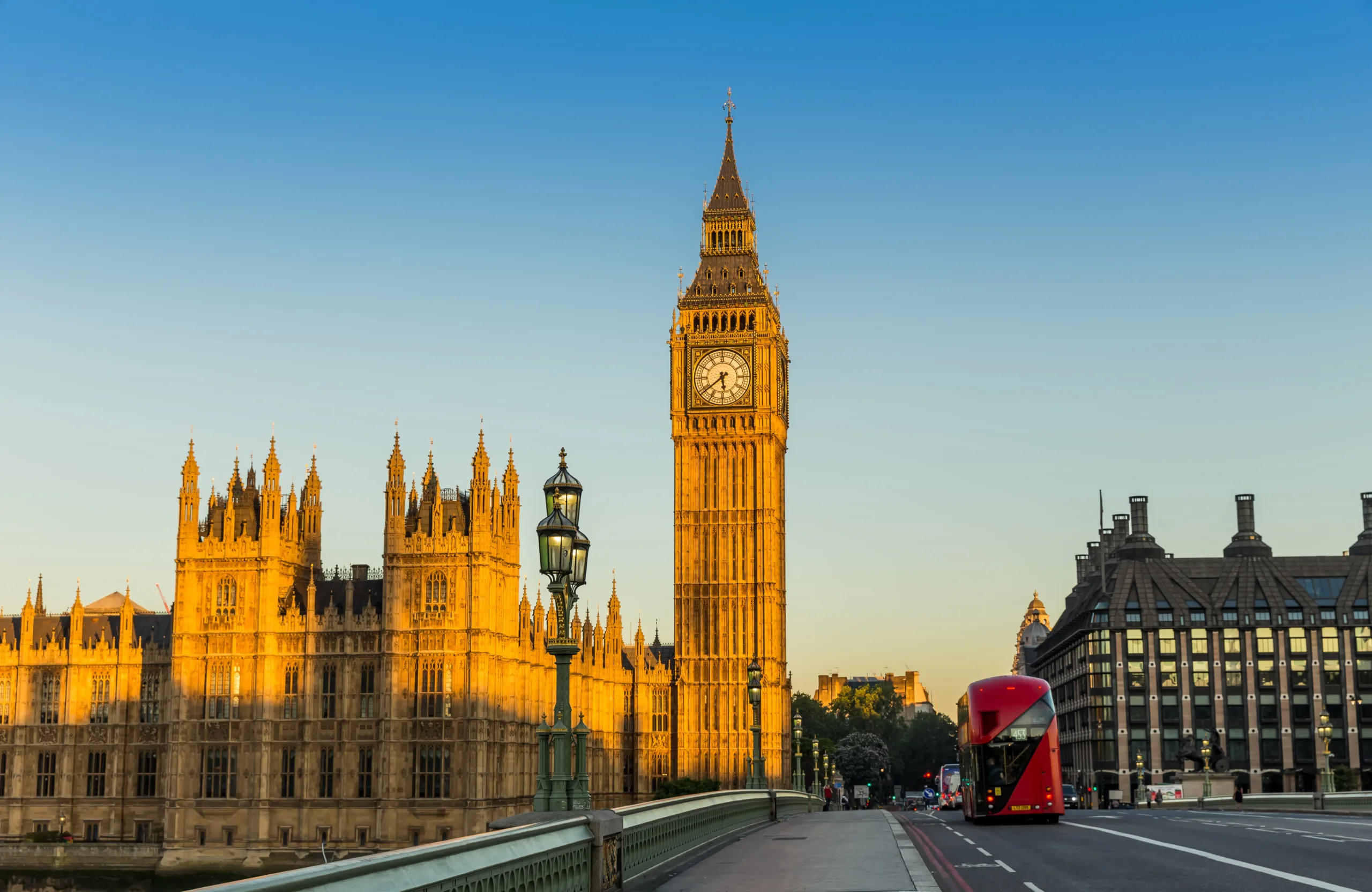By 4pm on 1 June, we will know how this drama will unfold. Will lawyers for the Cabinet Office be clashing in the Court with the Inquiry it set up to examine the response to Covid? The central issue appears to be that of “relevance” and who determines what document is relevant – the inquiry or the government in relation to WhatsApp messages, diaries and notebooks of Boris Johnson.
A request has been made under section 21 of the Inquiries Act 2005. Section 21 gives Lady Hallett the power the compel a witness to testify or to produce documents and section 35 provides that failure to comply with a notice issued under section 21 is a criminal offence that can be punished by way of a fine of up to £1,000 or prison sentence of up to 51 weeks.
A section 21 notice can be challenged on the basis that it is “unreasonable” for a person to produce the requested documents. However, it is the Chair of the inquiry who determines the reasonableness of the request. Last week, Lady Hallett dismissed a challenge by the government claiming that the request for the documents was unlawful. There is a fine line to tread between intruding into irrelevant private communications and applying proper scrutiny to the context of the decision-making. The Matt Hancock WhatsApp exchanges, disclosed to the Telegraph, demonstrated the nature of dialogue around key decisions and the Inquiry will not want to miss out on an opportunity to scrutinise similarly revealing exchanges.
Whilst supporters of Boris Johnson may claim that this exercise is turning into a witch hunt, this Inquiry was established to undertake a public and transparent examination of the UK’s response to the pandemic. No one needs to be reminded of the impact of Covid on public health, the economy and education and any steps to impede the Inquiry’s access to sources of relevant information may risk damage to the credibility to Inquiry, and the Government’s commitment to its work.
If the government does not produce the requested documents, then the next step could see an application for permission to bring a Judicial Review to challenge the Inquiry Chair’s ruling. It would then be for the Administrative Court to determine the lawfulness of the Inquiry’s position. Given the public importance, and reasoning already given, one may consider that the Court will be reluctant to impede the scope of the investigations of this Inquiry, so the Government will need to think carefully before making this application and risking an embarrassing defeat at this early stage.




